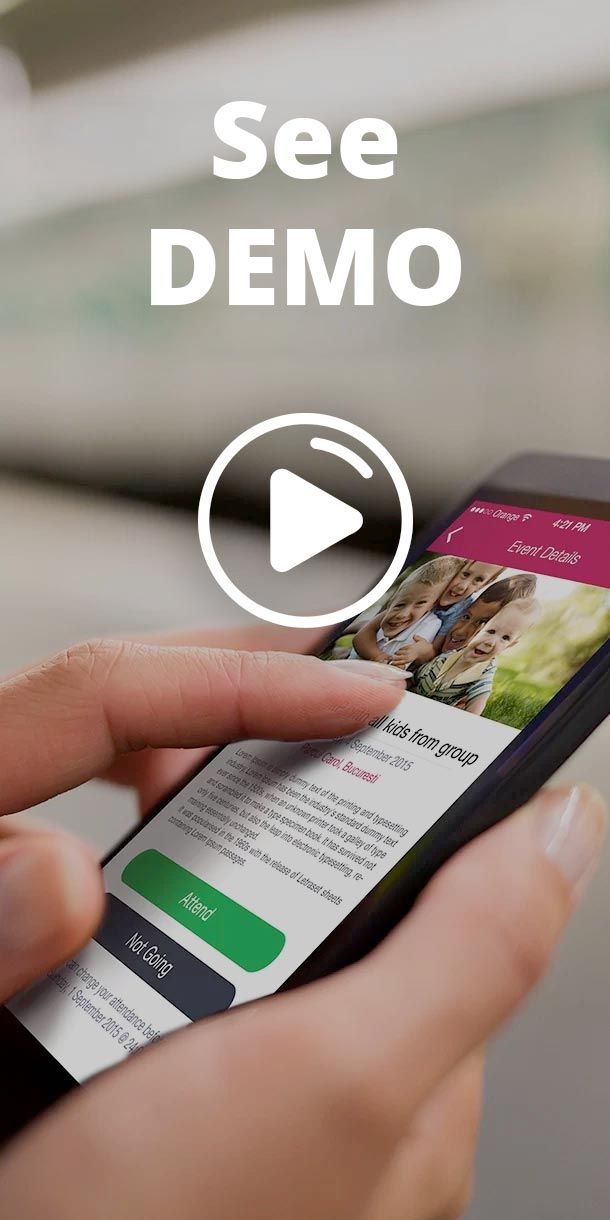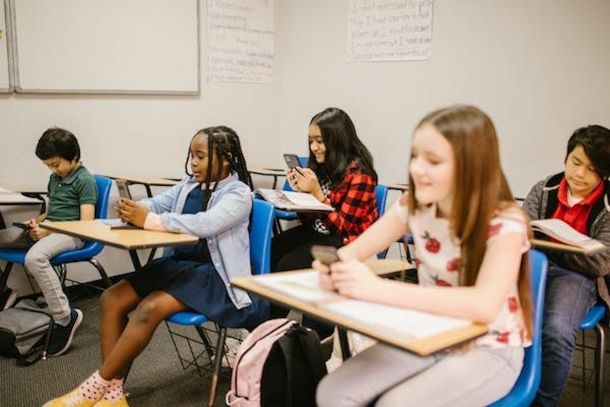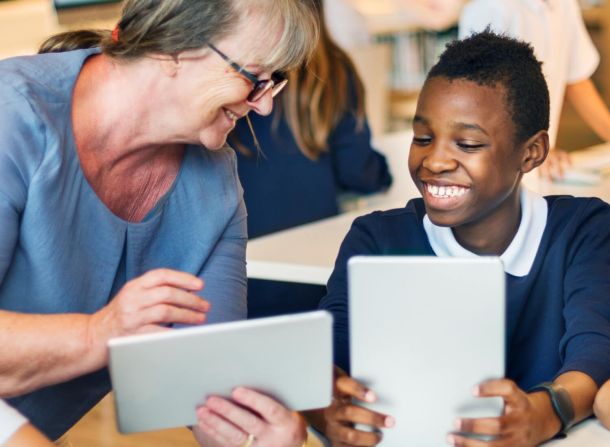
Empathy in children: how to raise and educate emotionally connected children
More and more studies show that technology has a major impact on human relationships and even on the formation of connections between people.
The Michigan Institute of Social Studies points out that technology even contributes to a diminished capacity for empathy among children. Exposure to various chips and video games with violent overtones could make people more insensitive to situations where those around them need help.
What is empathy?
Michele Borba, author of the guide, "Why empathetic children succeed in our individualistic world". (Why Empathetic Kids Succeed in Our All-About-Me World), explains that empathy is "a cornerstone" for turning children into happy, well-adjusted, and successful adults. Empathy "helps children to be more enjoyable, more resilient, more conscientious, to find a job more easily, to live a longer life".
The American Psychological Association Dictionary (APA Dictionary) describes empathy as the power to understand a person from that person's point of view, as well as trying to understand that person's feelings and opinions.
As researchers Decety and Cowell have argued, the word "empathy" has become a term used for at least three distinct processes:
- mirroring the emotions of another person close to you (e.g., if you feel scared, that makes me feel scared too);
- attention to another person's perspective (e.g., "putting yourself in my shoes" and trying to imagine what I am thinking or feeling);
- wanting to help - feeling sympathy and concern for someone vulnerable or in a difficult situation.
Each of these processes is shaped and formed by the learning and power of example that parents and teachers have over the child.
Empathy in children: the role in children's emotional education
Empathy is achieved through education and by creating a climate conducive to children's psycho-emotional development. Emotional education is closely linked to the ability to 'read' another person's face and body language. It is also very important to understand this language to know whether the person in front of you is happy, sad, surprised, or angry.
With empathy, you can feel what another person is feeling, and you can't do this without understanding their emotions.
"Learning to put yourself in other people's shoes, to see the world through their eyes, is how peace is born. Empathy is a quality that can change the world." Barack Obama
Children have a genetic empathy, but it needs constant nurturing, even more so in a virtual environment.
As we move in front of a screen and into the virtual realm, some of the essentials of a relationship based on understanding and empathy disappearȘ eye contact, facial expressions, human touch, and voice intonation. The fact is that if you don't practice face-to-face communication, along with the virtual communication that's nowadays unheard of, you risk losing important social skills. This is all the more evident among the young.
Empathy in children can be identified by directions such as:
- The child understands that people are different and those other people may have different feelings and perspectives compared to their own.
- Can recognize feelings in self and others and name them.
- Tries in some situations to regulate his/her emotional reactions.
- Wants to put him/herself in someone else's shoes and imagine how the person he/she is interacting with feels.
- Can imagine what kind of action or response might help a person feel better.
Here's how you can help strengthen empathy - a value - a pillar in the development of your child's emotional intelligence:
- Establish times together when the family does activities together without one member using technological devices. Play board games, color, cook or even garden together.
- Explain to your child the importance of eye contact and that it is essential to look each other in the eye when communicating with another person. You can suggest that it's a nice thing to notice the color of the eyes of the person you're talking to.
- Talk to your child about feelings and emotions. Name the feelings and states you have at different times to help him recognize them. You can start by telling him or her a story from your childhood, from work, or even in traffic.
- Watch movies that highlight different values, including empathy. Discuss the theme of the film and highlight with your child the key sequences, positive and negative characters, and their traits, as well as other ways the film could have ended. Suggested question: What did we learn from this film?
- Read stories and books that aim to uncover a useful message for identifying empathy in strengthening a character. Discuss the characters' qualities and together identify other better things they could have done in that story.
- Take advantage of mealtimes, bedtimes, car rides, or walks in the park to establish a strong emotional connection with your child. Tell me what interesting things, happy or not so happy, happened to you that day.
- Discuss ethical situations. Discuss ethical dilemmas with your child that help him or her appreciate and reflect on different perspectives, e.g. "Should I invite the new neighbor in the neighborhood to my birthday party, even if my best friend wouldn't want me to?"
- Encourage the child to consider the feelings of those who may be vulnerable, for example, a child who is experiencing some family problems or a child who is not popular in the peer group. Give children some simple ideas for action, such as supporting a classmate who is in such a situation.
- 3 steps to self-control in challenging situations. A simple way to help children manage their moods is to practice three simple steps together: stop, take a deep breath in through your nose and out through your mouth, and count to five. Try this when your child is calm. Then, when you see him getting upset, remind him of the 3 steps and follow them together.
- Conflict resolution. Practice with your child how to resolve conflicts. Think of a conflict you have witnessed or experienced that has ended and role-play different ways to respond. Try to reach a mutual understanding - listen and talk about each other's feelings until both people feel understood.
- Encourage your child to see what they have in common with the people around them. There is a lot of research to show that adults show more empathy towards people they are similar to. This also shows up in young children's behavior, and a good way to encourage this is to make children aware of what they have in common with others.
"Children who regulate their negative emotions better tend to show more empathetic concern for others." Song et al. 2017
All of these activities, and others that you may discover in due course, will help your child develop face-to-face communication skills in a world of screens and connected devices. He will discover what gratitude and empathy are and how useful these values are to him when he wants to make groups of friends, when he works together with colleagues at school, and when he spends time with family and relatives.
How does Kinderpedia support family engagement in child's education

Kinderpedia
The complete communication and management solution for schools and childcare centres.
Simplifies teachers' work and brings parents closer to their children's school progress.
Recommended articles
Want to improve your center quality? Kinderpedia is here to help! Not only do we provide thousands of informational content pieces like blog posts, podcasts, webinars and more, we are also makers of the #1 Rated and Reviewed Childcare Software.







